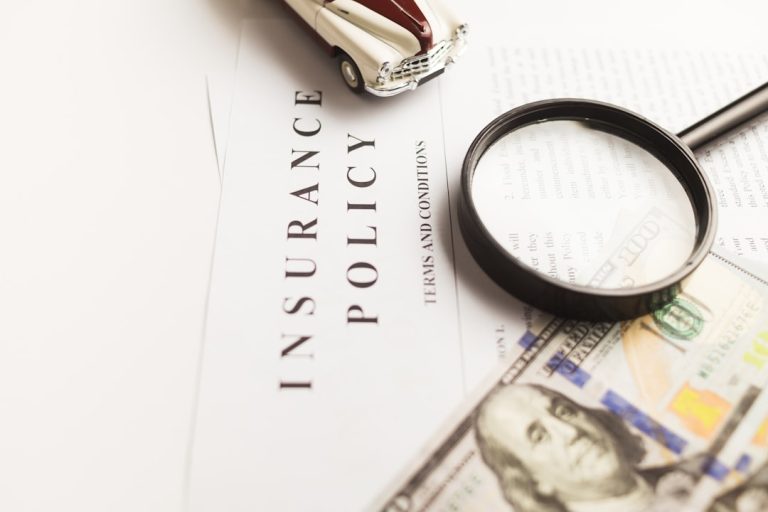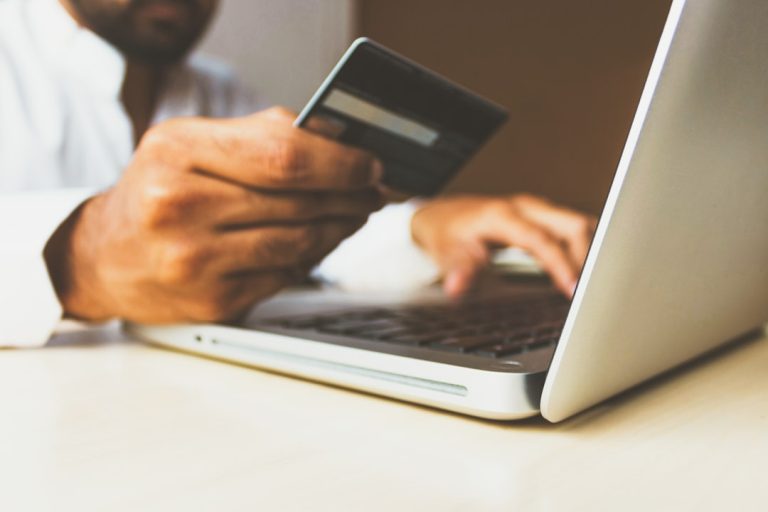Understanding Unsecured Credit Cards: A Comprehensive Guide
When it comes to managing your finances and building a strong credit history, utilizing credit cards can be a valuable tool. One common type of credit card that many individuals use is the unsecured credit card. In this guide, we will delve into what unsecured credit cards are, how they work, their benefits and drawbacks, and how you can make the most of them to improve your financial well-being.
What are Unsecured Credit Cards?
Unsecured credit cards are traditional credit cards that do not require any collateral to open an account. Unlike secured credit cards that are backed by a cash deposit, unsecured credit cards extend a line of credit based on the cardholder’s creditworthiness. Your credit limit is determined by factors such as your credit score, income, and debt-to-income ratio.
How Do Unsecured Credit Cards Work?
When you are approved for an unsecured credit card, the issuer sets a credit limit for your account. You can make purchases using the card up to this limit. Each month, you will receive a statement detailing your transactions and the minimum amount due. It is essential to pay at least the minimum balance by the due date to avoid late fees and negative marks on your credit report.
The Benefits of Unsecured Credit Cards
Unsecured credit cards offer several advantages for consumers:
- Build Credit History: Using an unsecured credit card responsibly can help you establish and improve your credit score over time.
- Rewards and Perks: Many unsecured credit cards offer rewards programs, cash back incentives, and other perks for cardholders.
- Convenience: Unsecured credit cards provide a convenient payment method for everyday expenses, online shopping, travel bookings, and emergencies.
The Drawbacks of Unsecured Credit Cards
While unsecured credit cards have their benefits, there are also potential drawbacks to consider:
- High Interest Rates: Unsecured credit cards typically carry higher interest rates compared to secured cards or other forms of financing.
- Fees: Watch out for annual fees, late payment fees, foreign transaction fees, and other charges that may apply to your unsecured credit card.
- Overspending: Without proper budgeting and self-control, it can be easy to accumulate debt beyond your means with an unsecured credit card.
Tips for Using Unsecured Credit Cards Wisely
To make the most of your unsecured credit card while avoiding common pitfalls, consider the following tips:
- Pay Your Balance in Full: To avoid accruing interest charges, strive to pay off your full balance each month.
- Monitor Your Spending: Keep track of your transactions and stay within your budget to prevent overspending.
- Pay On Time: Timely payments are crucial for maintaining a positive credit history and avoiding penalties.
- Utilize Rewards Wisely: Take advantage of rewards programs but be mindful of spending solely for rewards.
In Conclusion
Unsecured credit cards can be powerful financial tools when used responsibly. By understanding how they work, weighing their pros and cons, and implementing smart financial habits, you can leverage unsecured credit cards to enhance your financial well-being and achieve your long-term goals.
If you have further questions about unsecured credit cards or need personalized financial advice, don’t hesitate to consult with a qualified financial advisor. Remember, wise financial decisions today can pave the way for a more secure and prosperous tomorrow.






